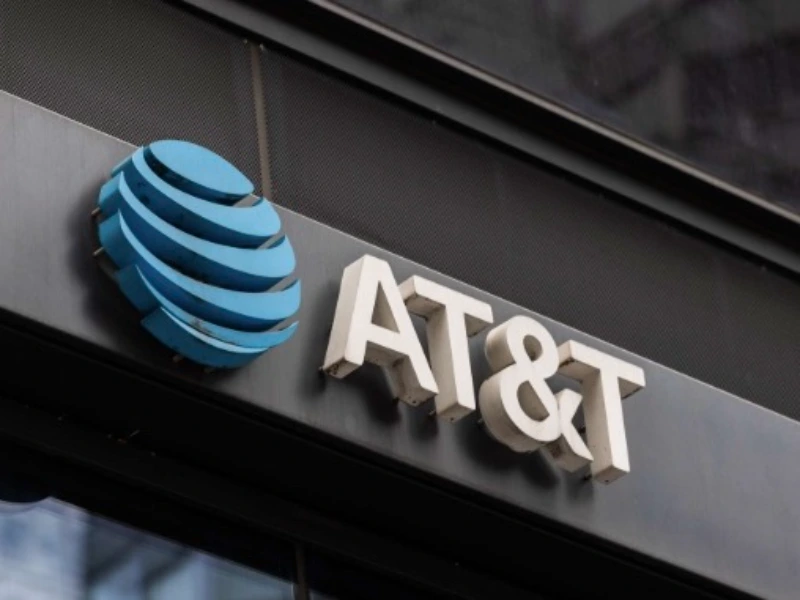- AT&T reaffirms DEI commitment during Lumen acquisition.
- Rival firms adjust DEI policies to secure regulatory approvals.
What happened: AT&T maintains DEI stance amid $5.75bn fibre deal
AT&T has announced a $5.75 billion agreement to acquire Lumen Technologies‘ consumer fibre business, encompassing approximately one million fibre customers across 11 U.S. states. The deal, expected to close in the first half of 2026 pending regulatory approval, aims to expand AT&T’s fibre network reach and customer base.
Following the announcement, AT&T CEO John Stankey emphasised the company’s ongoing commitment to diversity, equity, and inclusion (DEI) policies. Stankey stated, “We don’t have to roll back anything,” highlighting that AT&T’s approach has always been merit-based, providing equal opportunities for all employees.
This stance contrasts with recent actions by competitors. For instance, Verizon agreed to dismantle its DEI programme to gain Federal Communications Commission (FCC) approval for its $20 billion acquisition of Frontier Communications. The move included removing diversity targets from hiring plans and eliminating DEI language from training and public messaging.
Also read: AT&T’s ORAN shift: A game-changer for telecom giants
Also read: AT&T unveils customer service guarantee to lead industry
Why it’s important
AT&T’s decision to uphold its DEI policies during a significant acquisition sets it apart from some industry peers. The company’s commitment to diversity and inclusion may influence its corporate culture and employee relations positively.
In contrast, Verizon’s recent agreement to dismantle its DEI programme to facilitate regulatory approval for its acquisition of Frontier Communications reflects a different approach within the industry. Such actions have sparked discussions about the role of DEI policies in corporate strategies and regulatory processes.
AT&T’s acquisition of Lumen’s consumer fibre business also aligns with its broader strategy to expand its fibre network and customer base. The deal is expected to enhance AT&T’s presence in key metropolitan areas and support its goal of doubling its fibre network reach to approximately 60 million locations by the end of 2030.

